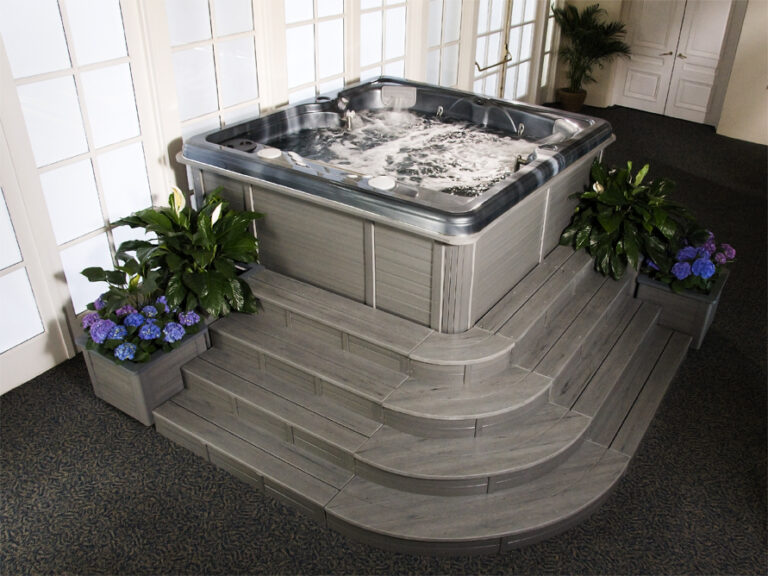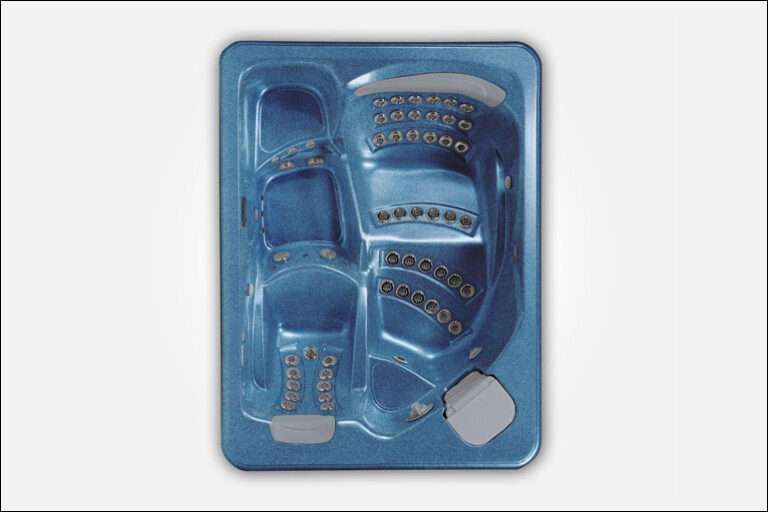In today’s high-paced and often stressful world, understanding the intricate connection between our mental states and physical health is crucial.
Health experts, including doctors and psychologists, increasingly emphasize how stress influences overall health. This underscores the vital role of proactive health management in maintaining well-being.
Understanding the Impact of Stress on Our Bodies
Stress affects us more deeply than we might realize. It goes beyond temporary worry or anxiety, impacting various biological and neurological processes. Research from universities and both government and private research institutions offers insightful perspectives on this.
For example, studies have shown how our brain’s neurons react almost instantaneously to stressful stimuli, indicating a deeply embedded physiological response to stress.
This response can trigger the sympathetic nervous system’s flight-or-fight mode, a primitive reaction that, while useful in short bursts, can be damaging if perpetually engaged. The adrenal glands, located above our kidneys, play a key role here by releasing cortisol, a stress hormone that can have harmful effects on our brain, particularly the hippocampus.
Over time, this can lead to what we recognize as chronic stress, disrupting our body’s metabolic equilibrium and increasing the risk of various illnesses.
The Protective Role of Relaxation
It’s well-documented that relaxation can significantly counteract the effects of stress. Activities that promote relaxation can be more immediate and safer in fostering a healthy response than many medications. Intriguingly, stress can enhance the ability of drugs to cross the blood-brain barrier, an effect that traditionally wasn’t accounted for in pharmaceutical development.
This can lead to adverse effects, particularly with neurologically active drugs.
Therefore, finding natural, enjoyable methods to relax is key. Engaging with family and friends, participating in hobbies, or spending moments in quiet meditation can greatly alleviate stress. These activities not only provide immediate relief but also contribute to long-term health benefits.
The Benefits of Home Hydrotherapy
One effective approach to combating stress and fostering relaxation is through home hydrotherapy systems, such as hot tubs. These systems offer a range of health benefits. For starters, they help the body relax, enhance circulation, reduce blood pressure, and ease muscle and joint tension. This relaxation response initiates the release of ‘feel-good’ hormones, bolstering the body’s internal healing mechanisms and immune response.
Additionally, water therapy can provide significant relief from conditions often exacerbated by stress, such as high blood pressure, digestive issues, and sleep disturbances. Regular use of hydro-therapy can actually reverse some of the adverse effects of chronic stress, providing a tranquil environment to rejuvenate both the mind and body.
Leveraging Hydrotherapy for Stress Relief
Immersion in a hot tub or spa provides a multisensory experience that can be profoundly relaxing. The warm water and massage jets create a soothing environment that helps diminish stress, enabling the body to release endorphins, the natural ‘feel-good’ chemicals. This type of hydro-therapy provides a serene escape from daily pressures and can be an integral part of a stress-reduction routine.
Furthermore, the consistent use of hydrotherapy facilities can significantly improve one’s emotional and psychological health by reducing symptoms of anxiety and depression, offering a peaceful respite from the chaos of daily life.
Conclusion: Embracing a Healthier Lifestyle
In conclusion, the connection between stress and physical health is undeniable and complex. By adopting proactive health measures such as engaging in relaxing activities, improving social interactions, and utilizing effective therapies like hydrotherapy, we can significantly enhance our quality of life.
It’s essential for us, especially those owning or considering hot tubs and spas, to recognize these tools not just as luxuries but as vital components of our health regimen. Through these means, we can combat stress and depression effectively, leading to a healthier, more fulfilling life. Remember, taking proactive steps towards managing stress isn’t just about preventing health issues; it’s about nurturing a thriving, vibrant life.




